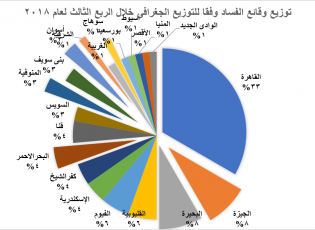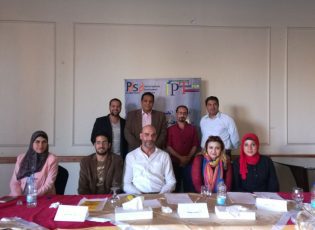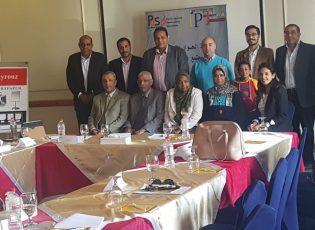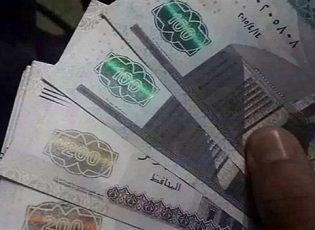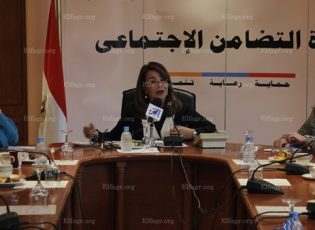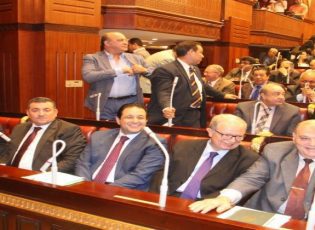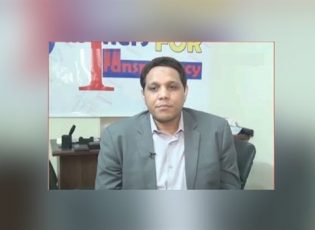I wrote Aya Nabil
Walaa Jadallah, Executive Director of Partners for Transparency, said that the most prominent results that the Foundation monitored during its monitoring of the financial spending of the candidates during the advertising period so far is that the majority of candidates in individual departments are ignorant of how to calculate the financial ceiling for their campaigns. Jadallah added to “The Seventh Day” that the institution’s observers monitored that the majority of the candidates did not record what they received in kind or material donations, for example, in the books, as required by the rules of the Supreme Elections Commission, and most of them did not appoint a legal accountant as required by law, pointing out. That all the candidates whose campaigns are monitored by the Foundation exceeded the specified financial ceiling. Jadallah held the Supreme Elections Committee responsible for what he called the chaos that engulfs the propaganda stage, starting with the low number of experts on whom the commission relies in monitoring spending, indicating at the same time that it could not cover all the candidates as well as not including monitoring the violations that occurred before the start of the stage. Propaganda, during which the candidates made a kind of "vote-buying," as he said, to distribute food supplies and meat, especially during Eid al-Adha, and some of them did so under the guise of NGOs. According to the law, according to Jadallah, parliament is no longer “the master of its decision,” and the Supreme Elections Committee can submit reports of violations that it monitors against candidates who exceed the financial ceiling for election campaigning to the judiciary, but the problem is that the penalty specified by the law in this case is only a fine and not Membership revocation.
Short link: https://pfort.org/en/?p=345





